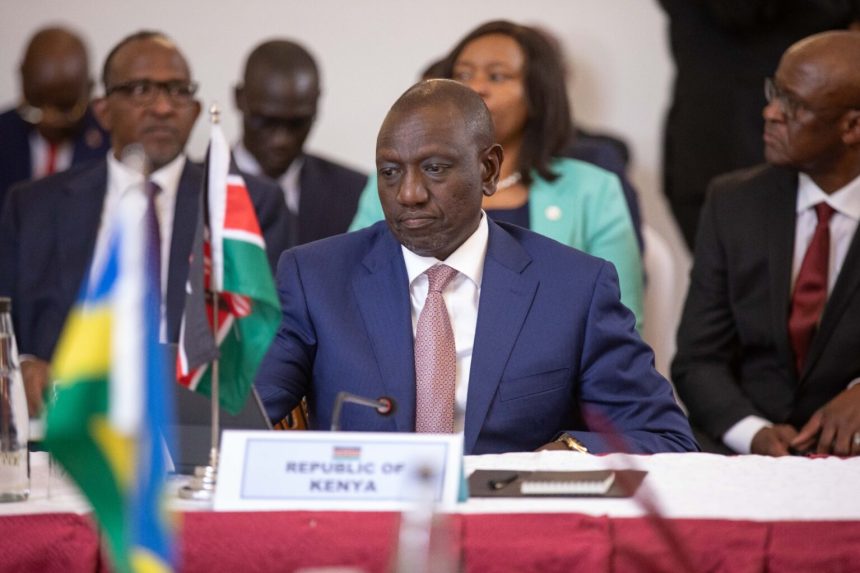Kenyan President William Ruto has declined to assent to the controversial finance bill that has caused protests in the East African country.
The Kenyan president said on Wednesday that he decided not to sign the finance bill after reflecting on the continuing conversation around its content.
Ruto’s decision came after Tuesday‘s violent protests that left over 23 people dead as demonstrators breached the national assembly for the first time in Kenya’s history.
The president condemned the act, describing it as treasonable, and vowed that the state would respond fully.
In the early days of the protest, an unfazed Ruto urged parliament to sign the bill, noting that the law was part of his efforts to ensure that Kenya’s economy improves.
Ruto, who had offered to talk to protesters, later said the conversation around the bill had been “hijacked by dangerous people.”
The president’s turnaround to send the bill back to parliament is seen by many as an attempt to de-escalate the tension.
“Following the passage of the bill, the country witnessed widespread expressions of dissatisfaction with the bill as passed, regrettably resulting in the loss of life, destruction of property, and desecration of constitutional institutions,” Ruto said.
“I send condolences to the families of those who lost their loved ones in this unfortunate manner.
“Consequently, having reflected on the continuing conversation around the content of the finance bill of 2024, I will decline to assent to the bill.”
Ruto also reiterated his commitment to hold talks with protesters.
“Accordingly, as I committed on Sunday, I propose an engagement with young people of our nation to listen to their issues and agree with them on their priority areas of concern,” the president said without citing the modalities.
“I also propose that within the next 14 days, a multi-sectoral, multi-stakeholder engagement be held with a view to charting the way forward on matters relating to the content of the bill as well as auxiliary issues raised in recent days on the need for austerity measures and strengthening our fight against corruption.”
The president is expected to return the bill to parliament for amendment.






